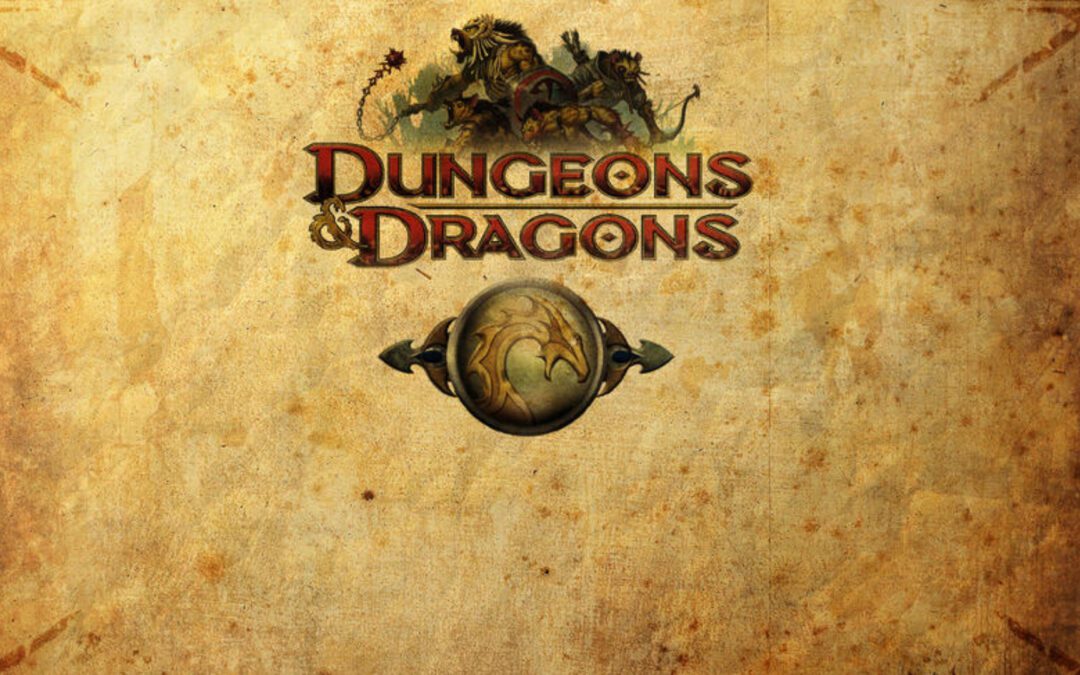Dungeons & Dragons is a classic tabletop game in the my favorite genre: fantasy! I am a total “nerdy girl” and love fantasy books such as Lord of the Rings, Harry Potter, Game of Thrones, etc. I remember my older brother getting together with a group of his friends and creating their own campaigns that would go on for years. They even used do it over the phone (no internet back then!). I love playing Diablo IV but sometimes it is nice to step away from a screen and hang out with friends in real life. I purchased a basic starter kit that is geared towards children. I asked my friends if they wanted to play but none of them wanted to be the Dungeon Master (DM) nor wanted to commit to long campaigns or complex rules. I decided to make a simplified version with short campaigns of about 2 hours with lots of flexibility and lots of drinking of major laughs and interesting storytelling.
Velorum
Many people have created their own worlds within the D&D world and I decided to do the same, especially because I plan on making it much more simple to play. Most fantasy is based on history, mythology, astrology and so forth. My love of astrology brought me to the constellation Vela. It was part of a larger constellation called the Argo Navis – the ship of Jason and the Argonauts in Greek mythology. I am slowly crafting this new world and can’t wait to release it here!

